Play based learning at Freshwater Christian Kindergarten
If you’ve ever watched a child turn a stick into a sword or transform the sandpit into a bustling city, then you’ve seen play based learning in action. At Freshwater Christian Kindergarten, we believe that play isn’t just something children do—it’s how they learn best.
Our Prep program is grounded in the principles of play based learning, creating a space where curiosity leads the way and imagination drives discovery. We don’t see play as the opposite of learning; we see it as the engine that powers it.
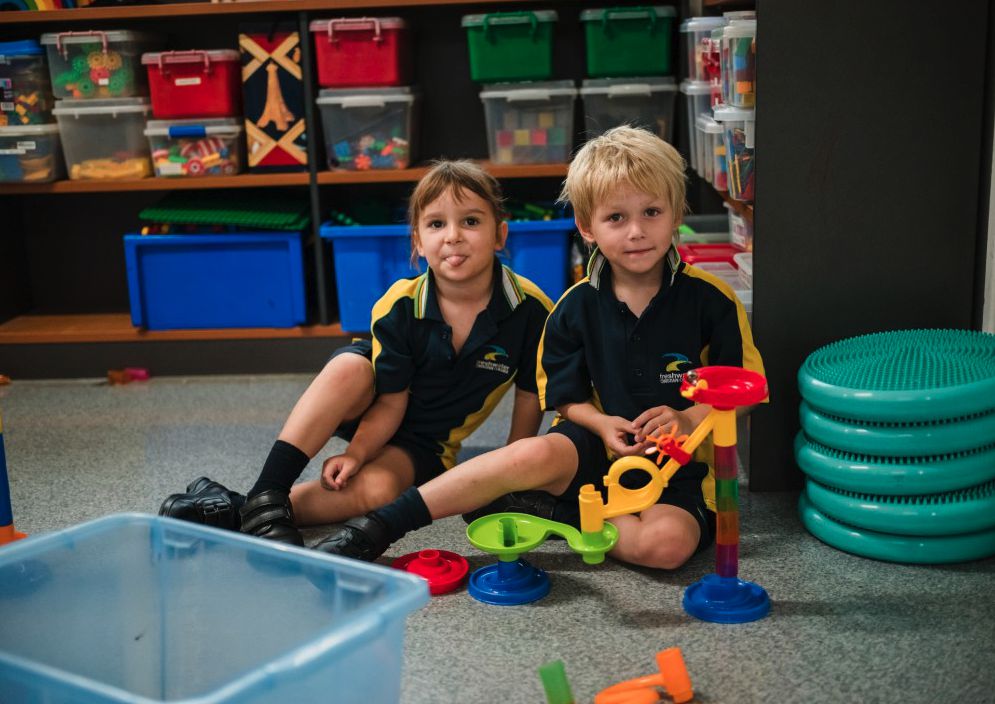
What is Play Based Learning?
Play based learning is exactly what it sounds like—learning that happens through meaningful, purposeful play. This approach taps into a child’s natural sense of wonder, encouraging them to explore, experiment and engage with the world around them.
At Freshwater, we create daily opportunities for children to:
-
Build confidence through imaginative role-play
-
Strengthen social skills by collaborating and negotiating with peers
-
Develop fine and gross motor skills through hands-on activities
-
Discover early literacy, numeracy, and science concepts through real-life scenarios
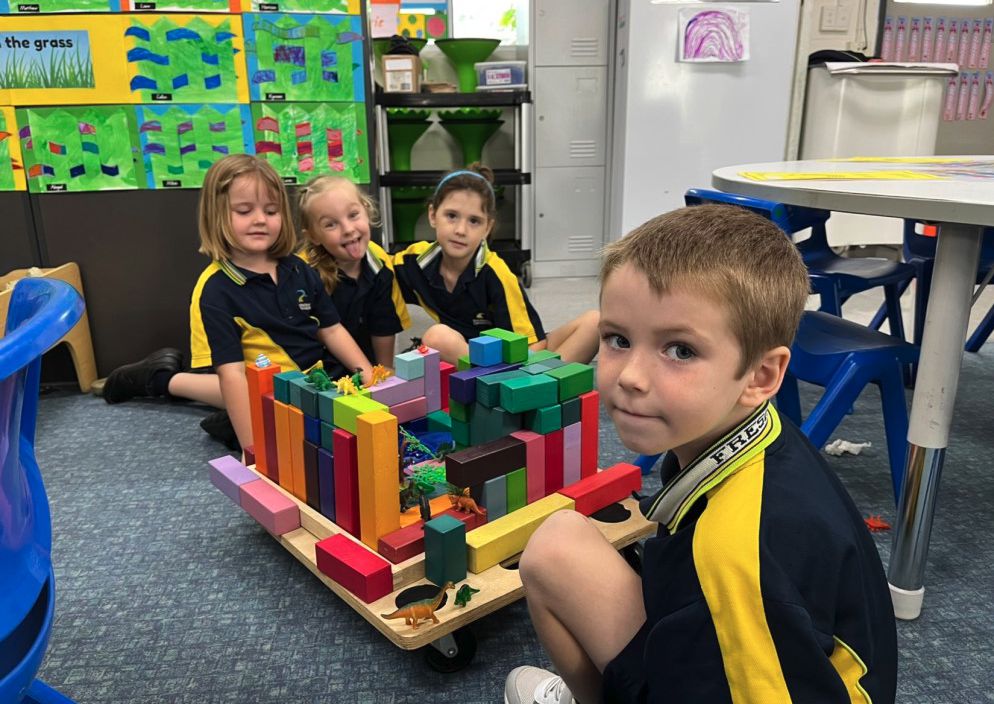
The Benefits of Play Based Learning
The research backs it up, but we see it every day. Play builds brains and hearts. Children in our Kindergarten who are immersed in play based learning tend to be more curious, creative, and confident. They:
-
Develop stronger language and communication skills
-
Show greater empathy and emotional awareness
-
Learn how to problem-solve, take turns, and bounce back from setbacks
-
Build early academic skills through context-rich experiences
Because the motivation comes from within, these skills stick. And more importantly, kids actually enjoy the process.
What Play Looks Like in Our Classrooms
No two days look the same at Freshwater Kindergarten, but every day is filled with meaningful, play based learning moments.
Here are just a few ways our students engage with play:
Nature Based Learning
We take learning outside during Term 2 and 3 to make the most of our beautiful Cairns environment. Whether it’s building cubbies with fallen branches or observing butterflies, outdoor play fosters resilience, creativity and a love for God’s creation.
Gross Motor Play
Climbing, running, jumping, swinging—it’s all in a day’s play. These activities help children understand their bodies and improve coordination, balance, and spatial awareness.
Fine Motor Play
Activities like threading beads, completing puzzles, or sorting objects sharpen little fingers and big minds, laying the groundwork for writing and other precision-based skills.
Construction Play
Building forts out of cushions or cities out of blocks encourages problem-solving, spatial awareness and teamwork.
Make Believe Play
From playing ‘mums and dads’ to running a pretend café, our kids are constantly creating and exploring social roles. This type of play is rich in language, empathy and imagination.
A Foundation for Lifelong Learning
At Freshwater Christian Kindergarten, we see play based learning as a philosophy. We’re preparing children not just for school, but for life.
We believe that by giving children the time, space, and support to play, we’re giving them the best possible start. It’s in these moments of play that the deepest learning happens.
So if you’re looking for a kindy program in Cairns that values creativity, curiosity, and Christ centred care, we’d love to show you how we do things differently.
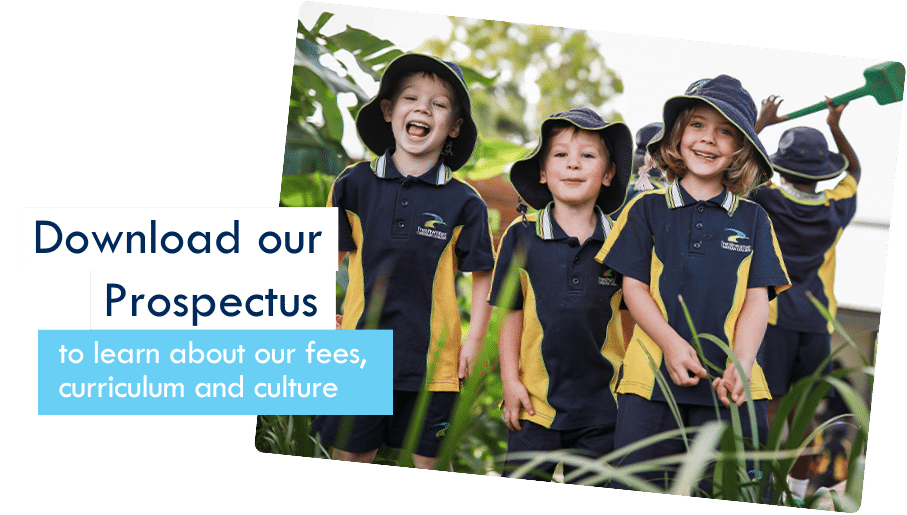
Submit an Enquiry to receive our Kindergarten Prospectus & Fees
Quicklinks
Connect With Us
Administered by Cairns Christian College Ltd | All rights reserved | Privacy Policy | Site Map | Site Credits

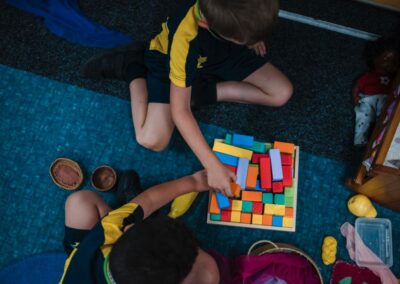
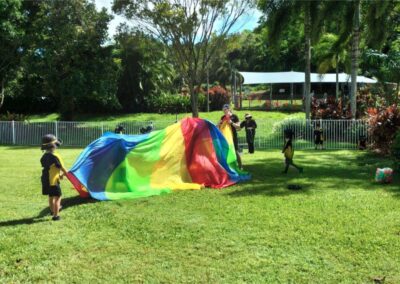
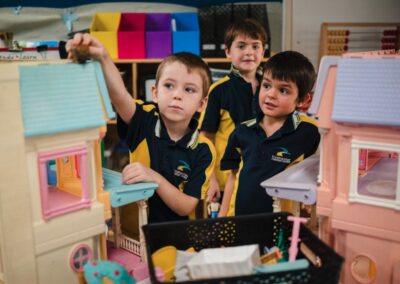
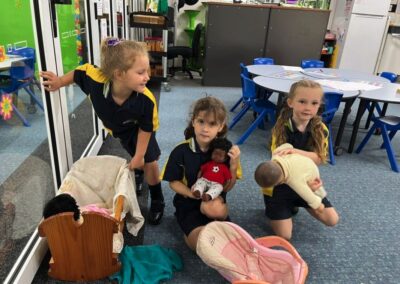
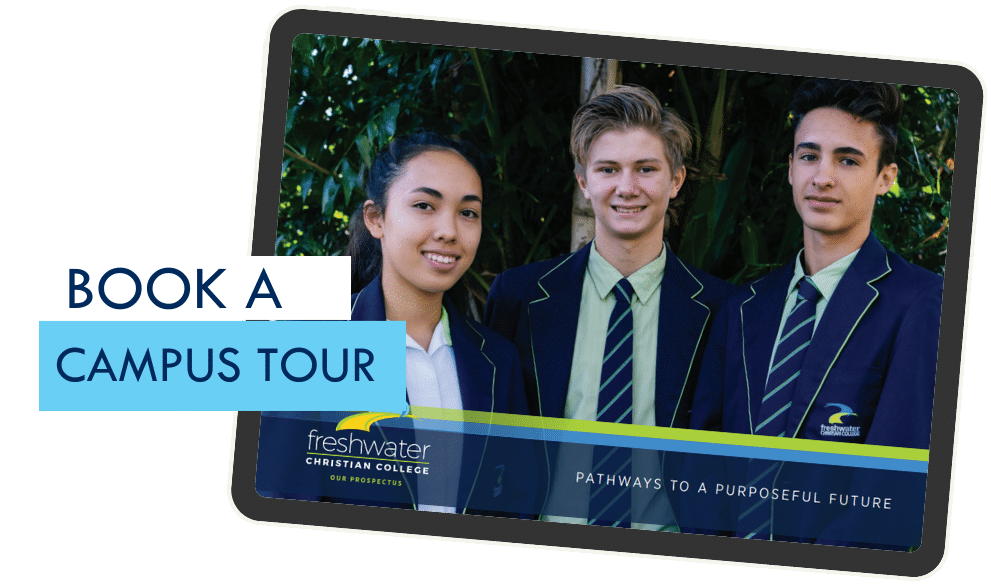
 (07) 4243 3600
(07) 4243 3600
 info@fcc.qld.edu.au
info@fcc.qld.edu.au
 369-401 Brinsmead Road,
369-401 Brinsmead Road,
